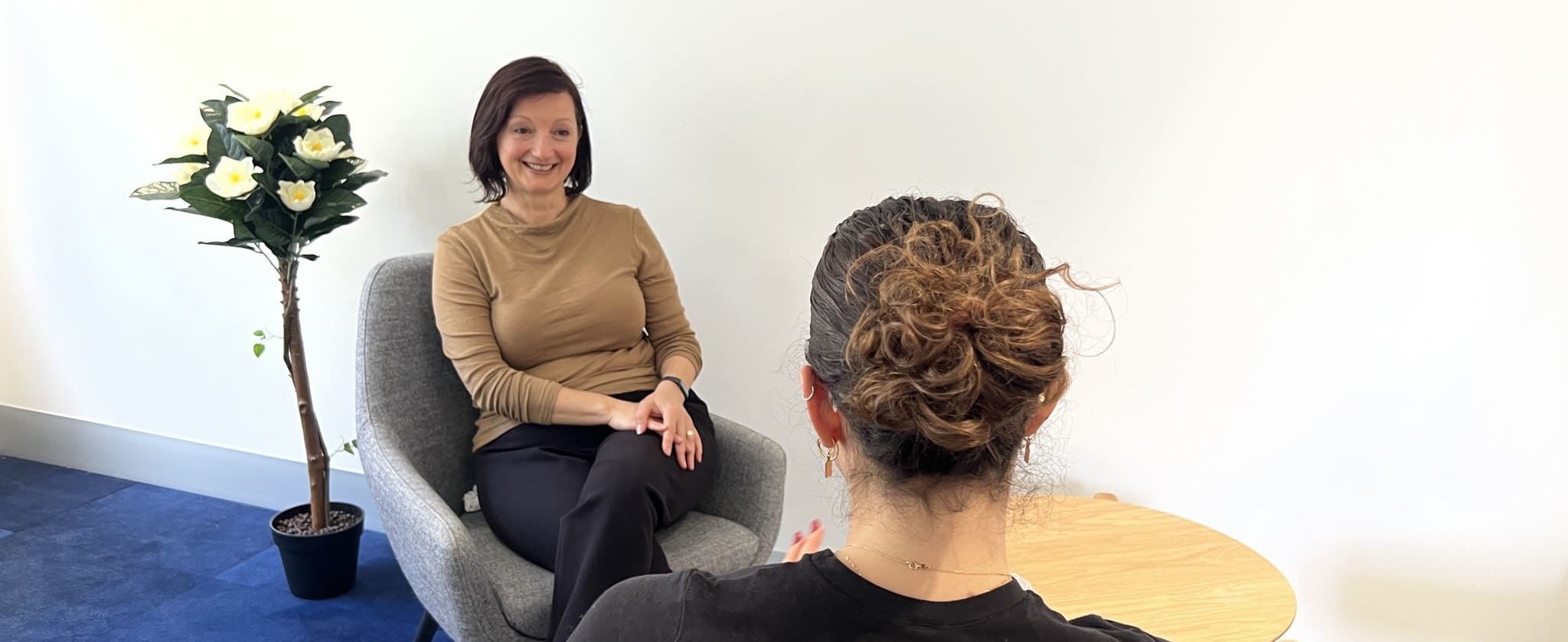There is no denying that our relationships are essential for our sense of well-being and satisfaction of life.
These connections also help prevent loneliness and minimise poor mental health.
According to Relationships Australia:
- 60% of Australians said their partner was the most important, meaningful person in their life
- 40% of people over 55 years advised relationship pressures decreased with age
- 31% of Australians have experienced a break-up, separation, or divorce with a lasting impact
- 25% of relationships are pressured by work or study commitments
- 23.9% of people are experiencing loneliness, compared to 17% in the 2018 Loneliness Report
- 14.9% declared unfulfilled expectations as an issue.
Relationships are challenged by a variety of pressures, and often external support is not obtained when issues arise.
Arsho Kalloghlian is a Relationships Therapist and we asked her to share some of her experiences of working with couples for over 10 years.
When do people need Relationships Counselling?
People come to see me when they’ve been struggling in their relationship for a while and it’s deteriorating. Some of the signs that couples need intervention are when they’ve been:
- Arguing about the same issues repeatedly and nothing is changing
- Betrayed by their partner and don’t know what to do
- Facing difficulties communicating and understanding each other
- Drifting apart and don’t know how to relate with one another anymore
- Feeling they don’t feel love towards their partner like they used to
- Disagreeing on matters concerning their child/ren
- Dealing with financial challenges that may be affecting their relationship
- Experiencing extended family issues
- Seeing differences in sex drive.
What are the main outcomes of Relationship Counselling?
Many couples come to see a counsellor as a last resort. I find it most fulfilling remembering their faces when they first come to see me (distressed, feeling hopeless) and how they look a few sessions later (relaxed and feeling hopeful). There are so many amazing outcomes that can be derived from counselling:
- It can improve their relational EQ
- It can help promote a better understanding of each other
- It can help people obtain a better understanding of what love is and isn’t
- By delving deep it can help to gain insight into the root cause of existing challenges
- It can help develop a healthy attitude and realistic expectations about the relationship.
Why do one or both partners not seek counselling?
Sometimes they will have a had or heard of others having a previous bad experience.
For many people there is a stigma attached to counselling – that there’s something wrong with the people who need help.
Often people believe “I should be able to solve my own problems” – or that “the therapist doesn’t really know me so she won’t understand and will judge me.”
What are some misconceptions of couples counselling?
People often feel that changes made through counselling don’t last, and that therapists can be biased toward their own gender. They also believe they will be misunderstood and/or judged.
What can people expect from their sessions with you?
They can expect to gain insight into why challenges exist and to develop skills and strategies to overcome their challenges.
I work closely with individuals to help them become comfortably honest and also to allow themselves to be vulnerable to promote lasting change. I really want them to feel understood and supported.
What strategies do you use to help people resolve their issues?
The way psychotherapy is different to psychology is to ‘peel back the layers’ of emotional memory until the root cause is discovered. This may (although not often) involve going all the way back three generations to find out the family system’s belief and core values.
I keep my focus on helping couples reach their ultimate goal.
Starting at a younger age
With 1 in 2 marriages ending in divorce* and the research showing the greatest cause of divorce is unmet expectations – with media playing a big part in setting these unrealistic expectations – I’m trying to apply a pro-active approach to relationships.
I’m currently involved in teaching senior high school students (the grassroots of our society) about creating and maintaining healthy relationships.
My program involves teaching about the psychology of behaviour, the phases every relationship goes through and relationship skills that heal and restore the relationship when it’s gone through challenging phase.
I do this because I would like to see a future where the divorce rate keeps reducing rather than increasing every year..
* Australian Bureau of Statistics

